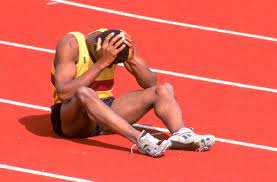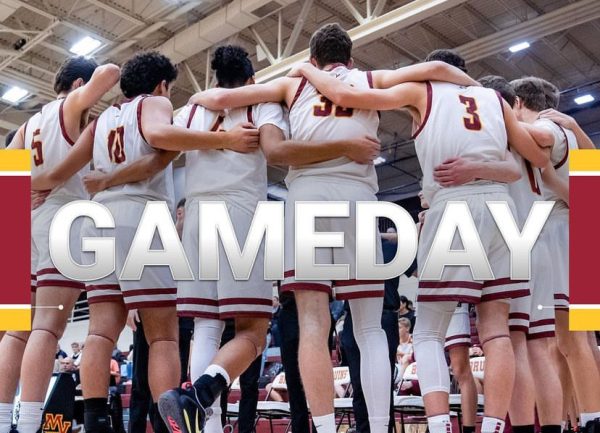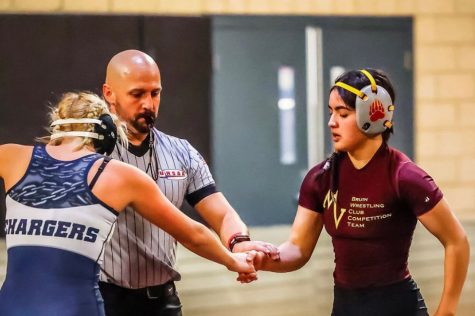How to overcome an injury mentally and physically

Cleveland Clinic/ Sports Health & Fitness
Man sits in distress on track after a sports injury occurs
Participating in or watching sports brings so much joy into the lives of people today, but when you or your favorite player gets injured it’s a different story. Experiencing an injury as an athlete is one of the hardest things to go through, and can really take a toll on a person. One day you could be on your high horse and a minute later your season or even career could be over.
No athlete, no matter your age, gender or level, is exempt from sports injuries. Getting injured is a part of physical activity, yet it is difficult for people to properly cope with getting hurt. Not only is an injury hard on an athlete’s physical health, but it is also extremely hard on a person’s mental health. Watching teammates and friends participate in something you love and want to be doing is very hard when you can’t engage in the activity with them.
The mind and the body have to work together while participating in sports. When one is compromised the other is not going to function as smoothly as it normally would. The attitude that the athlete shows toward the injury has a huge part in how they recover. An article by Sports Health & Fitness says, “According to the U.S. Centers for Disease Control and Prevention (CDC), 8.6 million sports- and recreation-related injuries happen every year. But overcoming a sports injury involves more than physical rest, rehab and practice. Athletes need to harness their brainpower, too.”
Very Well Fit by Elizabeth Quinn gives us several helpful tips to help overcome an injury. These include getting support from others, staying committed to treatment, and taking responsibility for your recovery.
Support System
Something most athletes do after they have been injured is isolate themselves from family, teammates and coaches. It is important to have people to talk to when going through an injury so that you can express how you are feeling. The key is to be around people who are supportive, positive and make you feel good rather than put you down and make you feel like the injury is your fault.
Stay Committed to Treatment
Some athletes are very motivated and are rushing to get into their activity, while others may have a hard time finding the motivation to get back up and go again. To be able to heal yourself quickly it is important to stay on top of your treatments and do what is best for your body. Rehab is a really hard stepping stone in the recovery process so a positive attitude can be a game changer for anyone.
Taking Responsibility For Recovery
Most people focus on the decrease in their performance after an injury, when instead they should recognize and accept that they are injured and not the same. Realizing that you need to take a step back and help out your body can change the way you feel about being injured and help you to have a better outcome. When taking responsibility for your own injury it can help you grow your self confidence, and help you progress rather than feel bad for yourself.
As you can see from all these examples, taking care of yourself and your physical and mental health is incredibly important when injured. Not only will the body heal faster if you have a positive outlook on your recovery, but it will also help your self esteem and allow you to feel better about yourself when you get back to your physical activity.






